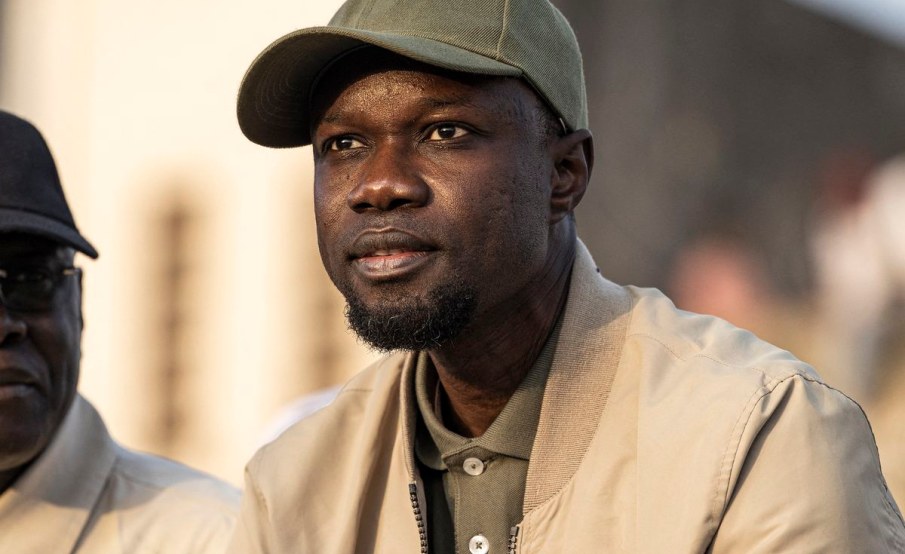Thousands of followers of Senegalese opposition leaders Ousmane Sonko and Bassirou Diomaye Faye were rejoicing on Friday after they were released from prison in Dakar.
Their release, announced on state television RTS on Thursday night, comes after weeks of turmoil after President Macky Sall’s decision to postpone the presidential election slated for February 25.

Sonko, who is scheduled to return home on Friday afternoon, has emerged as one of Sall’s primary opponents since finishing third in the 2019 presidential election.
However, after being prohibited from standing in the 2024 election, he endorsed Faye to replace him on the ballot, despite the fact that he had also been imprisoned since April 2023.
Rumours
As news of the men’s release spread on social media, thousands flooded the streets of the capital to rejoice.
Cars and pedestrians flying Senegalese flags gathered outside the prison where the two men were imprisoned.
They chanted, “We love Sonko”.
“It is a joy. It’s incredible. Mamadou Mballo Mane, 31, said: “They released Ousmane Sonko.”
Their freedom comes after Sall, 62, presented a measure in 2021 that would offer amnesty for offences done during political demonstrations.
Sall, who has ruled Senegal since April 2012, is not running for re-election. His abrupt decision to postpone the February presidential election triggered confrontations that resulted in four deaths.
Following a month-long political turmoil, a new date of March 24 was ultimately determined.
Since 2021, turmoil has resulted in dozens of deaths and hundreds of arrests in a country widely seen as a stronghold of peace in western Africa, where numerous other countries, including Guinea, Burkina Faso, and Mali, have had military coups.
Sonko has always claimed there was a plot to keep him out of the 2024 race, and his supporters and the government have traded responsibility for the violence.
He was convicted twice in 2023 for defaming a minister and corrupting a minor, and he had been imprisoned since the summer on a variety of additional allegations, including inciting rebellion, conspiring with terrorist groups, and damaging state security.


